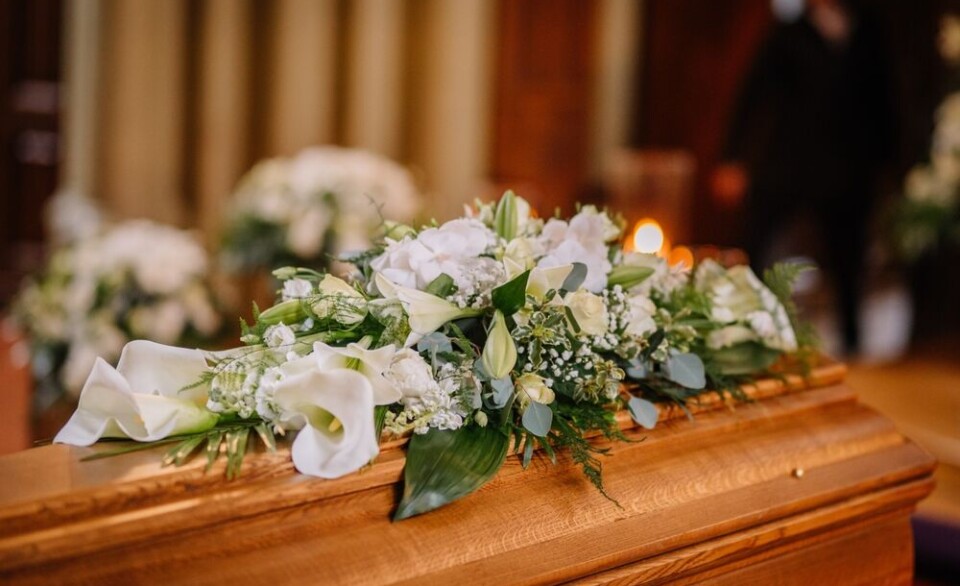-
US special needs trusts and the law in France
French legal system treats trusts rather sceptically
-
Money, taxes, pensions: What's new in France in 2026
New money-saving budget, allowances, income tax freeze and retirement age
-
France responds to EU’s proposed solutions to inheritance law ‘problem’
However wait continues for couples affected as officials consider further follow-up
Can we leave our French estate to our grandchildren?
Antonia Ridley-Hughes of Ashtons Legal answers a reader query

Reader Question: We live in France and wish to leave our estate, consisting of our French house and savings/investments, to grandchildren. Is this simple enough to do?
Due to forced heirship rules, under which a portion of an individual’s estate is reserved for children, a direct gift to grandchildren on the first death is not permitted under French law.
If your children agree with the proposal, it might be sufficient to prepare a will naming your grandchildren, as your children could simply accept its implementation on your death.
However, it is more likely your children would need to formally renounce their entitlement by completing an acte de renonciation anticipée à l’action en réduction (RAAR) in front of two notaires, nominating specific beneficiaries in their place.
There could be complications if the grandchildren are minors.
Alternatively, if you are UK nationals, you could elect for English law to apply to your succession.
This would bypass forced heirship rules, meaning you could leave your estate directly to grandchildren, but it is not watertight.
Choice may not be best from a tax perspective
As French residents, your estate would be liable to a claim by your disinherited children. Furthermore, it is likely to be less tax-efficient.
Where grandchildren inherit directly, they only benefit from a tax-free allowance of €31,825 each, while if they inherit in their parent’s place, as substitute beneficiaries, they share their (deceased) parent’s tax-free allowance of €100,000.
You might consider transferring cash to your grandchildren during your lifetime. In addition to the tax-free thresholds above, you can give tax-free family gifts of up to €31,865 to each grandchild.
This is conditional on the donor being under 80 and the beneficiary over 18, and these allowances renew every 15 years.
You should also consider the effect of any lifetime gifts or legacies on your UK tax-free allowances if you still hold assets in the UK.
























